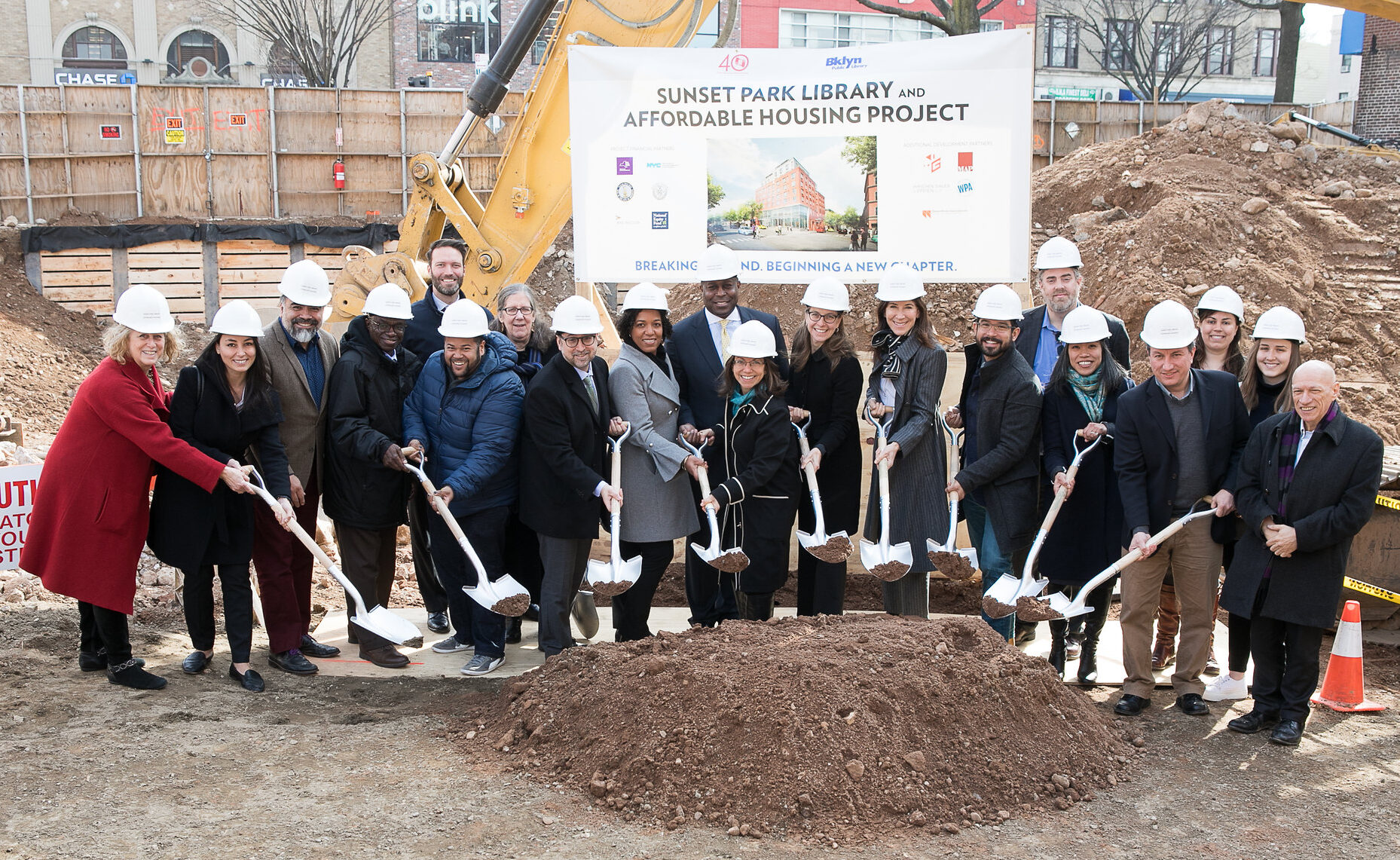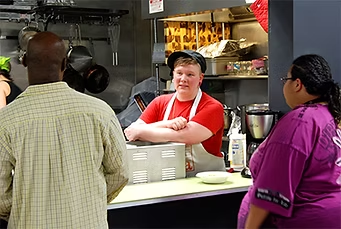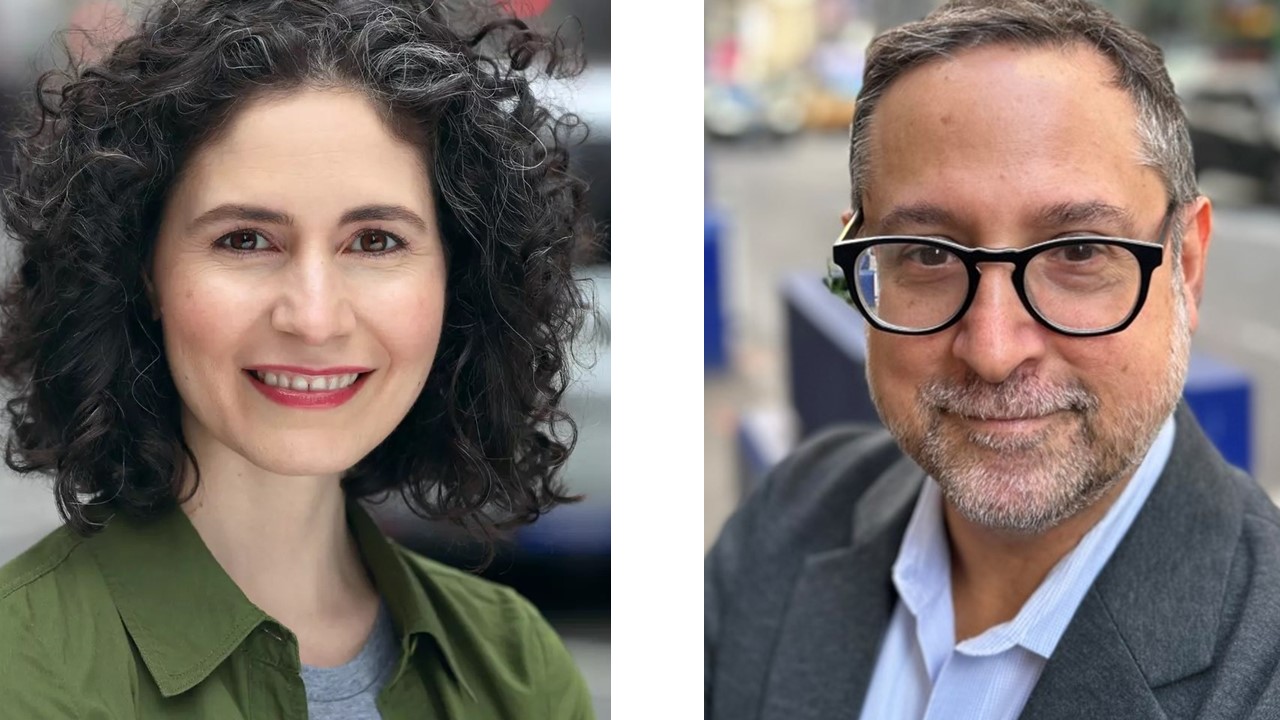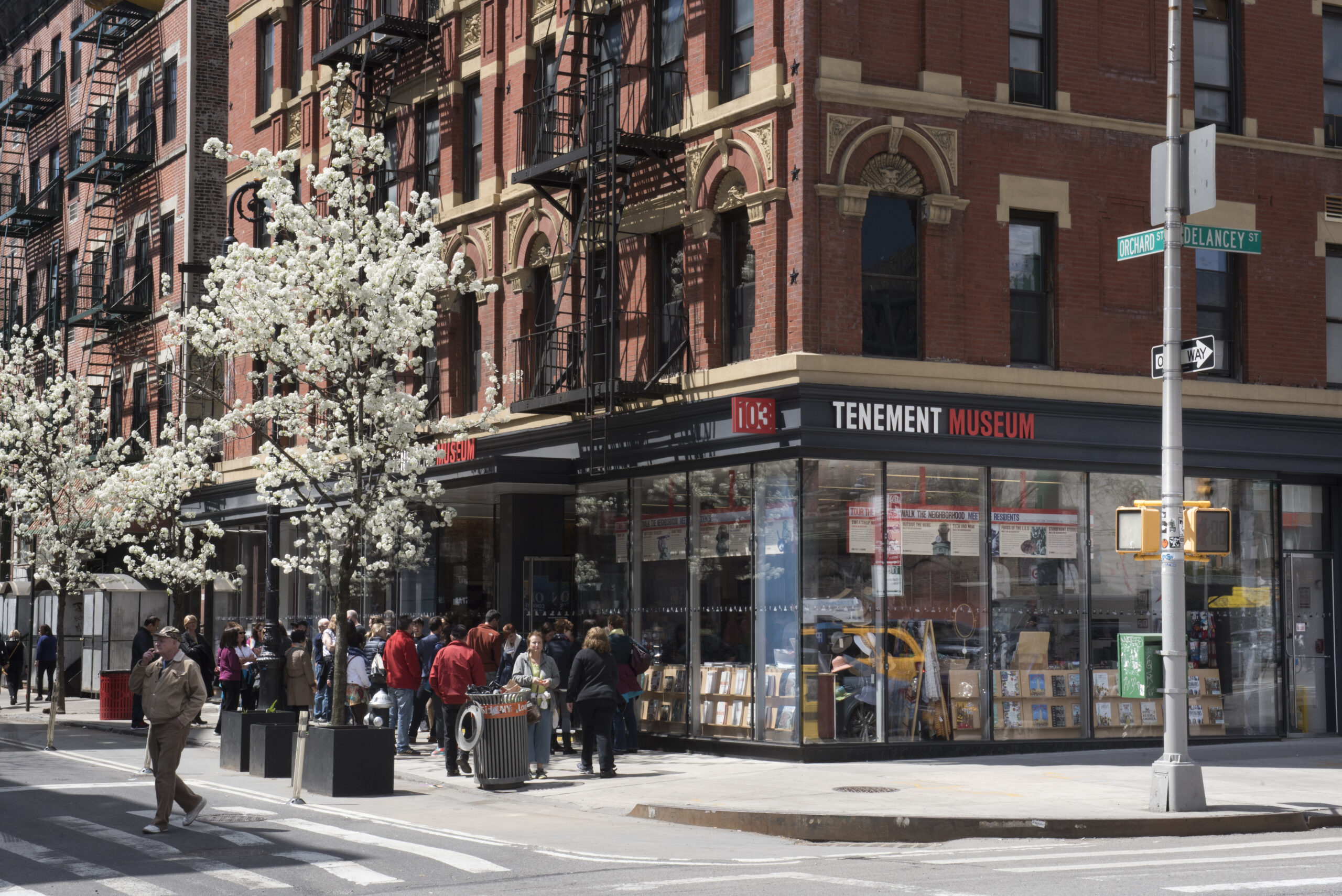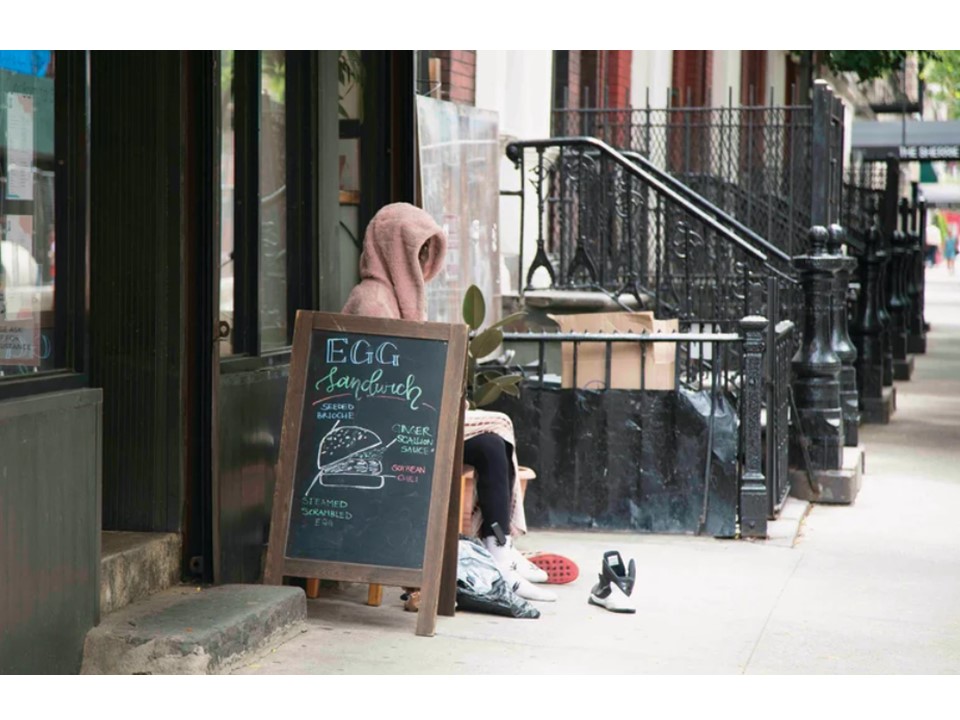Innovative transactions with FJC and its donors were featured in “How to Bridge a Funding Gap” (October 15, 2025) in Chronicle of Philanthropy, the premier source of news, information, analysis, and opinion for the social impact industry.
The article, written by staff writer MJ Prest, featured FJC’s loan to the Ali Forney Center (AFC), which was made possible by a DAF account funded by the Tikkun Olam Foundation. From the article:
[Executive Director Alex] Roque went to the Tikkun Olam Foundation, which had supported the center’s operations and HIV programs for more than a decade. “We approached them and said, ‘We have a unique ask: We’re not asking for the money, we’re asking for a long-term, low-interest loan that would allow us to advance our efforts and become more sustainable through this process,’” he says.
“In a time when there’s so much uncertainty in funding for myriad reasons, having an innovative approach to advancing investment and revenue-generating opportunities that is low-risk for the funder — and low-risk for the organization — is key.”
AFC is a leading organization serving LGBTQ+ youth in New York City. More than 2,200 young people per year seek medical attention, counseling, clean clothes, or a hot meal. It also offers emergency and transitional housing for youth at risk of homelessness in neighborhoods across the city. The $1 million loan from FJC, at a below market interest rate and funded by Tikkun Olam Foundation, helps AFC manage cash flow from delayed government contract payments and serves as part of a larger organizational capital strategy that includes owning and operating their own real estate.
The article describes the important role philanthropy can play in resolving funding gaps through loans and other creative solutions that recycle funds. It cites FJC’s revolving fund with Southern Environmental Law Center, which funds civil litigation expenses with a high likelihood of recovery, if the nonprofit wins its cases.
“We had a donor who was a lawyer by profession and understood that there were certain expenses in mounting a lawsuit against big companies, that are recoverable when the nonprofit wins the case,” says [Sam Marks, CEO of FJC. “So we created a strategic reserve fund for these kinds of reimbursable expenses.”
The article notes that these specialized funds appeal to entrepreneurial donors.
“They tend to be larger donors. They tend to be donors that have started companies or founded companies, or they think more like a CEO or a CFO. They tend to be more curious about the inner workings of a nonprofit organization. A lot of times board members are intimately familiar with the business dynamics of a nonprofit and the problems that keep management up at night.”
Read the full article here.

